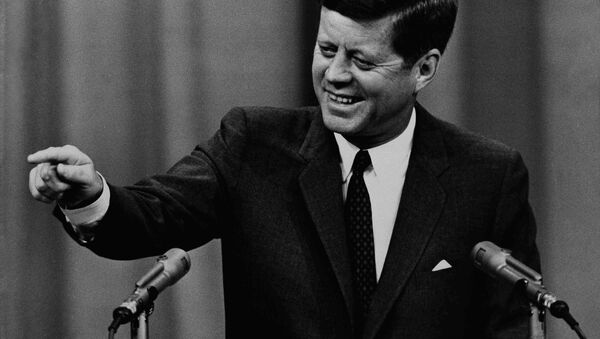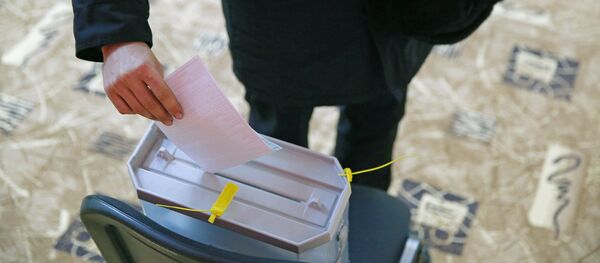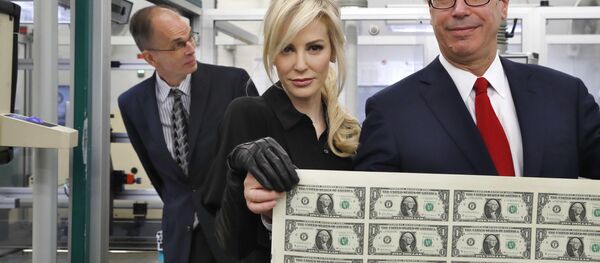Originally due to be delivered on the evening of November 22, 1963, the 35th US president was shot dead just hours before his speech could be delivered.
As reported by The Times, UK audio engineers extracted 116,777 unique sound files from 831 JFK public and radio speeches to turn the the text of the so-called Trade Mart address to life, according to Abc.net.au.
Initiated as part of the UK paper's "JFK: Unsilenced" program, the digitally-created speech strongly resembles that of the assassinated US president, right down to the distortions often introduced into recordings by the era's rapidly-developing analog broadcast technology.
The artificially-constructed political address, a product of Scottish text-to-speech software maker CereProc and Irish company Rothco, imagined the slain president's voice reading his 2,590-word speech aloud.
In the eight-week attempt to make the speech sound as lifelike as possible, audio software engineers used vocal pitch and inflection to emulate JFK's normal public speaking cadences.
Lead voice engineer Chris Pidcock, speaking to Radio Scotland, noted that his team used simple artificial intelligence plugins to detail pitch changes in past speeches by the president.
"That was a big part of the project because we didn't want his intonation to be boring and standard," Pidcock said, cited by the BBC.
The content of JFK's speech was primarily built on describing American strength.
"Overwhelming nuclear strength cannot stop a guerrilla war. Formal pacts of alliance cannot stop internal subversion. Displays of material wealth cannot stop the disillusionment of diplomats subjected to discrimination," according to the text.
In a seeming rebuke to the confrontational foreign policy rhetoric of the current White House, JFK wrote that, "Where our strength and determination are clear, our words need merely to convey conviction, not belligerence."
"If we are strong, our strength will speak for itself," Kennedy wrote, "If we are weak, words will be of no help."




